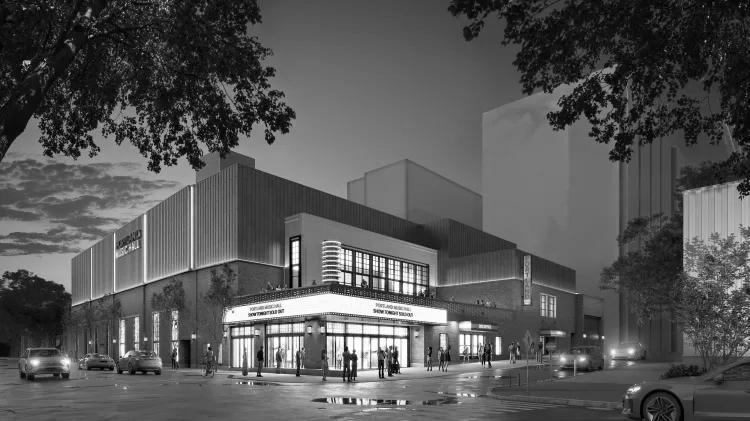
Live Nation Wants to Move In
A massive concert venue is being proposed for the heart of downtown Portland, and it could change the future of independent live music in our city as we know it.
What’s being proposed:
A private developer called Mile Marker Investments is partnering with Live Nation, the largest concert promoter in the world, to build a 3,300-seat indoor music venue right across from Merrill Auditorium.
If approved, this venue would instantly become the largest music space of its kind in Portland. But the problem isn’t just its size… it’s who’s behind it.
On August 11, 2025, after nearly four hours of passionate public testimony, the Portland City Council voted 6–3 to approve a 180-day moratorium on large concert venues. This pause temporarily halts Live Nation’s proposed “Portland Music Hall” and gives the City time to study the impacts of large-scale venues on traffic, parking, and — most importantly — Portland’s arts and music ecosystem.
The very next night, the Portland Planning Board voted to table the venue application until after the moratorium ends, despite it not taking legal effect for another 30 days.
This win was only possible because of the hundreds of people who showed up, gave public comment, emailed councilors, signed petitions, and spread the word — and because of the councilors who voted yes: Wes Pelletier, Anna Bullett, April Fournier, Kate Sykes, Ben Grant, and Sarah Michniewicz.
Where We Are Now:
The Fight Is Far From Over:
The moratorium is a delay, not a final decision. Live Nation has said they remain committed to building this venue. The next six months will determine what protections, if any, the City will put in place to safeguard our music community from corporate monopolization.
What’s So Bad About Live Nation Anyways?
Live Nation is what’s known as vertically integrated. That means they don’t just promote shows—they own the venue, the ticketing platform (Ticketmaster), the artists' tour contracts, and even the food and merch. No other company has this much control over every step of the concert experience.
This gives them enormous power. When one company controls who gets booked, how tickets are sold, what venues are used, and how artists are paid—competition disappears, and so does consumer choice.
They Control Everything
Live Nation is currently facing a major antitrust lawsuit from the U.S. Department of Justice and 40 states. The lawsuit alleges that Live Nation has abused its power to dominate the live music industry—bullying artists, threatening venues, and inflating prices through excessive fees and so-called “surge” pricing.
The DOJ even called Live Nation a “criminal enterprise.” This is the kind of case that only comes around once in a generation—on par with Big Tobacco or Facebook.
They’re Being Sued for Monopoly Abuse
They’ve Done This in City After City
Live Nation has followed the same pattern in cities around the world: build or take over a large venue, control the biggest tours, and freeze out independent venues that can’t compete with their size or budget.
In places like Denver, Atlanta, and Toronto, independent venues have closed or been forced to sell. Artists are often locked into exclusive contracts. Ticket prices go up—and the local music community suffers.
Why Live Nation is Bad For Portland:
This proposed venue isn’t filling a gap, it’s threatening a system that already works. Portland has a rich network of independent venues that support local artists, provide hundreds of jobs, and feed surrounding businesses. A corporate-backed mega-venue would undercut this ecosystem, driving up prices, thinning out opportunities, and putting smaller venues at risk.
Worse, the project offers no meaningful public benefit. There’s no new parking plan, no enforceable community commitments, and no guarantees. This isn’t smart city planning — it’s handing the keys to our culture over to a company with a track record of consolidation and control. Portland deserves better.





